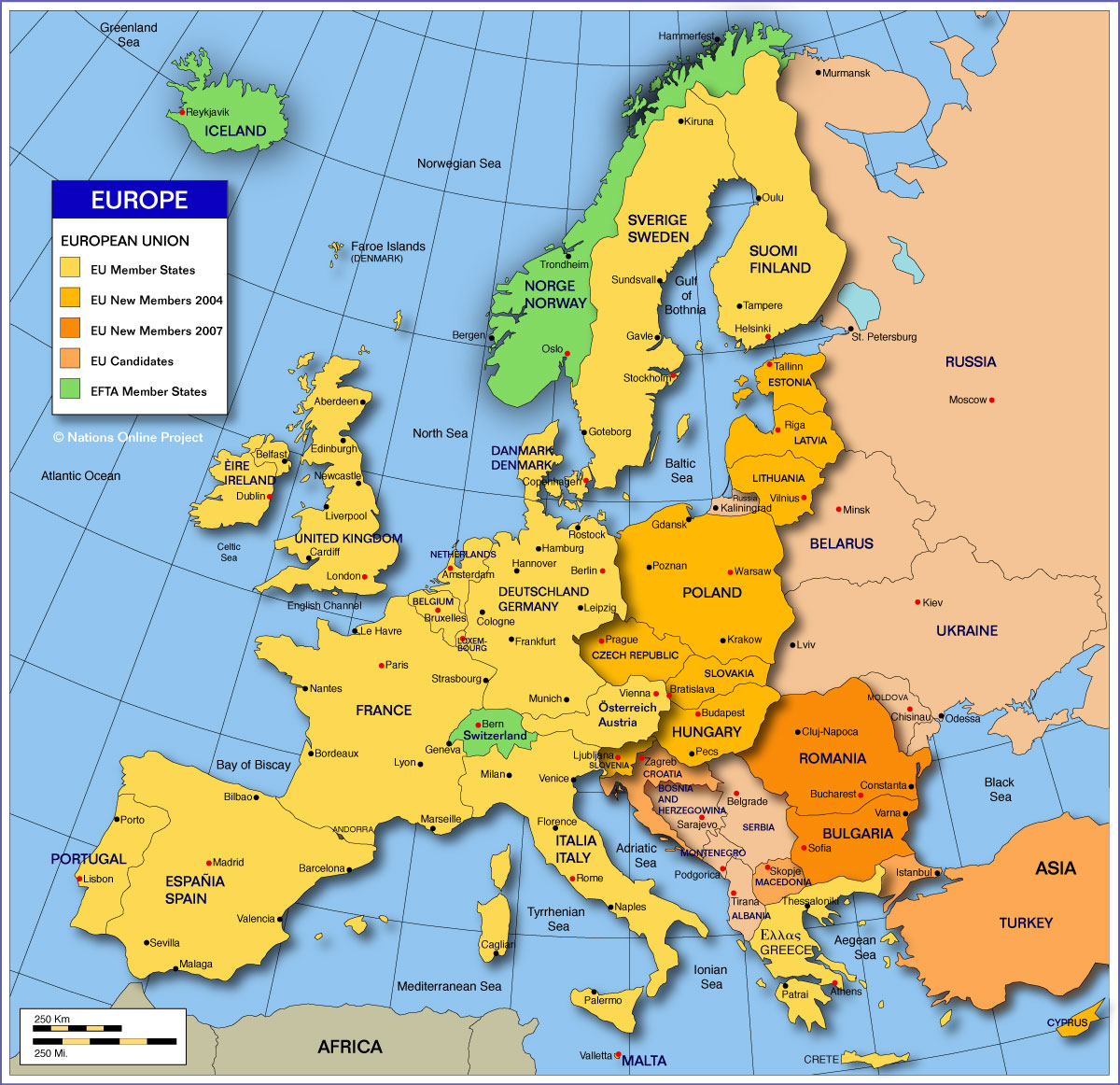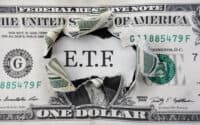The Organisation for Economic Co-operation and Development’s perception of the effects that Europe’s economic problems could have on global gross domestic product have caught up with everyone else’s. The organization was very slow to come around to its latest conclusion about the state of the economy worldwide, but its warning is particularly sobering, nonetheless.
In its new “Economic Outlook,” the OECD Chief Economist Pier Carlo Padoan points out that, “The crisis in the euro zone remains the single biggest downside risk facing the global outlook.” He might have looked at projections from the International Monetary Fund and a number of prominent politicians and economists. If he had, he would have seen the obvious earlier.
The OECD’s forecasts for what Europe will likely do to the future of the worldwide economy are, at least, very detailed:
Private sector demand is expected to push activity up in the United States by 2.4% this year and by a further 2.6% in 2013. In Japan, GDP is expected to expand by 2% in 2012 and 1.5% in 2013. Euro area GDP is forecast to contract by 0.1% this year, before picking up to 0.9% in 2013.
The OECD report has one glaring weakness, and it makes the forecasts from the agency deeply flawed. The data the OECD issues are for its member nations — much of the developed world. Nowhere in its data tables is any information about India, Russian, China or Brazil. The predictions that Greek real GDP will drop 5.3% this year, or that Iceland’s will rise 3.1%, do not mean anything when data from several of the world’s largest and most powerful economies are left out.
“With slow growth, high unemployment and limited room for manoeuvre regarding macroeconomic policy space, structural reforms are the short-run remedy to spur growth and boost confidence,” OECD Secretary-General Angel Gurría said during the launch of the report in Paris.
As long as the policy and reform issues in several nations, and China in particular, are not part of the formula, the formula and the accompanying forecasts are worth very little.
Douglas A. McIntyre
Thank you for reading! Have some feedback for us?
Contact the 24/7 Wall St. editorial team.



